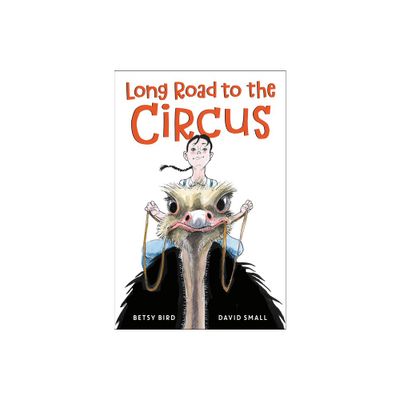Home
Tracks to Infinity, The Long Road Justice: Peter McLaren Reader, Volume II
Loading Inventory...
Barnes and Noble
Tracks to Infinity, The Long Road Justice: Peter McLaren Reader, Volume II
Current price: $99.74


Barnes and Noble
Tracks to Infinity, The Long Road Justice: Peter McLaren Reader, Volume II
Current price: $99.74
Loading Inventory...
Size: Hardcover
*Product Information may vary - to confirm product availability, pricing, and additional information please contact Barnes and Noble
Whereas
This Fist Called My Heart,
the first Peter McLaren reader (2016), offers a window into the development and reorientation of McLaren's work over time,
Tracks to Infinity
emphasizes the significance of orientation in his contemporary work. McLaren's earlier work was oriented toward the idea of a contradictory postmodern subjectivity located outside the increasingly fragmented, indeterminate late capitalist society. If the concept of the critical subject or change agent is perceived to be simultaneously located both inside and outside of the world that exists, however mundane, it begins to appear as a utopian or idealist construction.
While discourse is indeed important, locating the revolutionary potential exclusively within the abstract realm of language or the sign can lead to a disconnected relationship with the concreteness of everyday struggle. As the fog of the disembodied, postmodern subject began to lift, McLaren reoriented his engagement with and gaze toward the concrete value-creating laborer as the active agent of revolutionary educations' process of becoming--collectively becoming something other than abstract labor. This volume is filled with deep engagements with the concreteness of lived experience juxtaposed next to the bourgeois propaganda of the capitalist class political establishment as manifested in the Trump era.
This Fist Called My Heart,
the first Peter McLaren reader (2016), offers a window into the development and reorientation of McLaren's work over time,
Tracks to Infinity
emphasizes the significance of orientation in his contemporary work. McLaren's earlier work was oriented toward the idea of a contradictory postmodern subjectivity located outside the increasingly fragmented, indeterminate late capitalist society. If the concept of the critical subject or change agent is perceived to be simultaneously located both inside and outside of the world that exists, however mundane, it begins to appear as a utopian or idealist construction.
While discourse is indeed important, locating the revolutionary potential exclusively within the abstract realm of language or the sign can lead to a disconnected relationship with the concreteness of everyday struggle. As the fog of the disembodied, postmodern subject began to lift, McLaren reoriented his engagement with and gaze toward the concrete value-creating laborer as the active agent of revolutionary educations' process of becoming--collectively becoming something other than abstract labor. This volume is filled with deep engagements with the concreteness of lived experience juxtaposed next to the bourgeois propaganda of the capitalist class political establishment as manifested in the Trump era.


















